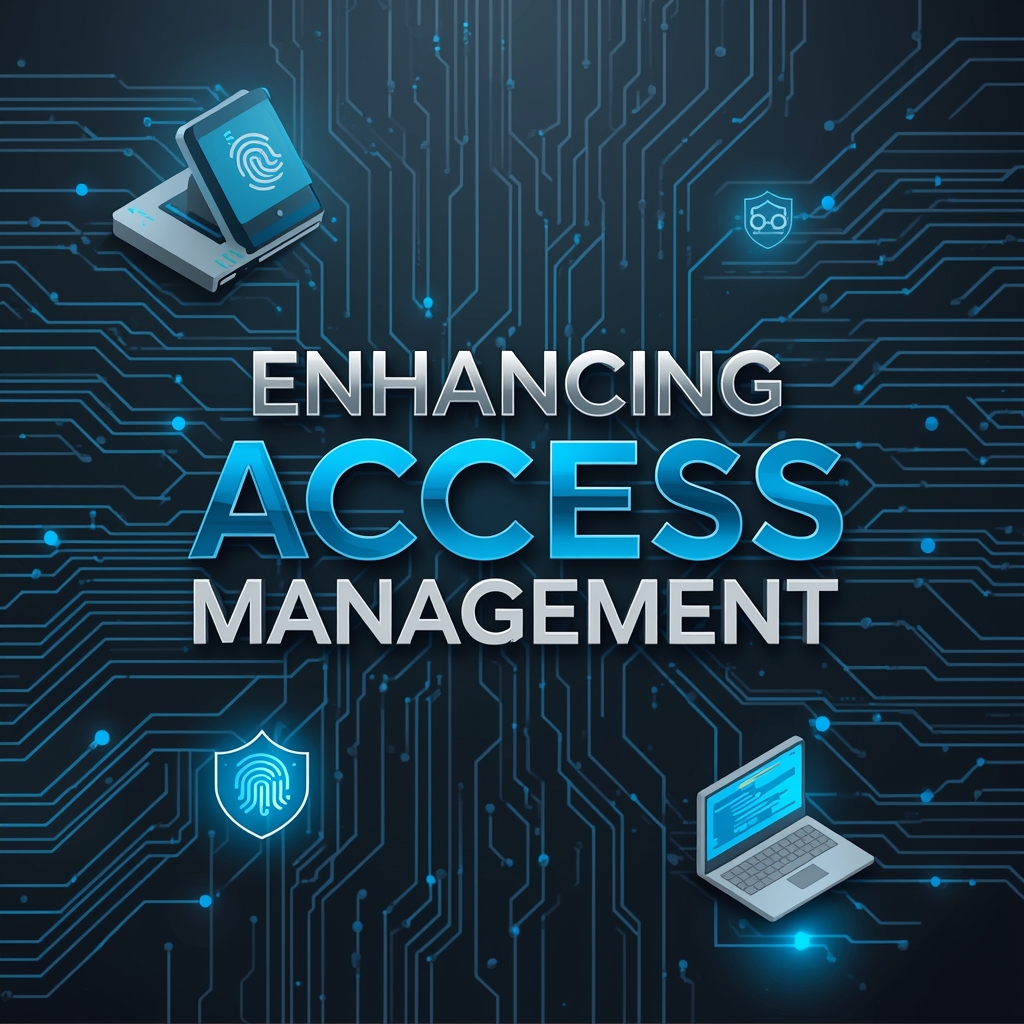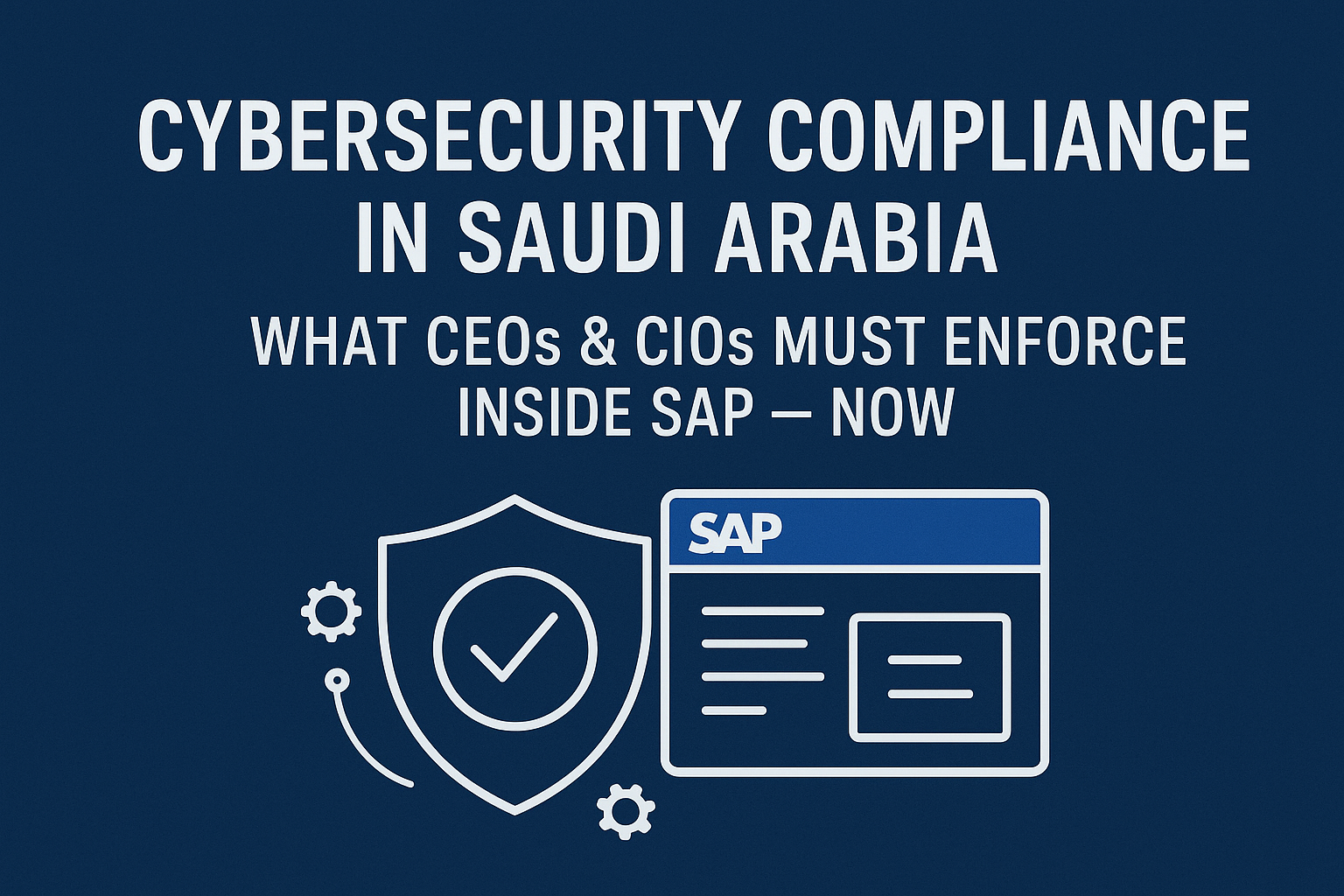There has never been a more important moment to rethink how businesses manage access within SAP systems. Companies of all sizes face increasing scrutiny over data security and compliance while also being asked to provide seamless user experiences that boost operational agility. Many organizations grapple with the challenge of balancing tight controls with the ease of access employees need to excel in their roles. SAP authorization optimization stands at the center of this challenge. Rather than viewing security and usability as mutually exclusive, forward-thinking enterprises recognize that optimized authorization frameworks create benefits for both functions. By streamlining access controls and leveraging managed services tailored to organizational scale, firms can elevate their security postures while making daily work more intuitive for every SAP user.
The Dual Imperatives: Security and User Experience in SAP Environments
SAP systems serve as the digital backbone of many businesses, holding sensitive customer and financial data, powering core operations and enabling a multitude of workflows. As companies implement or expand SAP across departments, the number of users with varying access requirements inevitably grows. This surge introduces a greater risk of fraud, data leaks or operational bottlenecks if roles and permissions are not rigorously managed. At the same time, users often encounter cumbersome access processes, leading to frustration or even risky workarounds. When SAP authorization management is manual or outdated, security can become fragmented, and employee productivity may suffer. The imperative is clear: Organizations must secure their SAP landscapes against internal and external threats while empowering users with just the right access to fulfill their responsibilities, no more and no less.
Modern SAP Authorization Managed Services: Right-Sizing for Every Business
Historically, building and maintaining SAP authorization frameworks required extensive in-house expertise and continuous oversight, tasks that can stretch resources thin—especially at smaller or mid-sized firms. Modern SAP Authorization Managed Services meet this challenge by delivering scalable, specialized solutions tailored to company size and complexity. Options include SAP Authorization Managed Services Small-Market, SAP Authorization Managed Services Mid-Market and SAP Authorization Managed Services Enterprise-Market. These offerings aim to automate user provisioning, monitor segregation of duties (SoD) and optimize roles with precision. Small businesses benefit from simplified processes without investing in full security teams while mid-sized and global enterprises gain frameworks robust enough to support diverse regulatory and operational demands. Managed services approach these needs systematically, ensuring controls evolve as business growth or compliance standards shift.
Reducing Risk: The Security Advantage of Optimized Permissions
Few issues draw as much compliance attention as unauthorized access or inappropriate privileges within SAP. Security breaches, whether accidental or deliberate, can lead to regulatory penalties, reputational hits or operational disruption. Optimized authorization delivers bespoke permissions so each user accesses only what they need, reducing exposure to risk. Managed services apply leading practices—identifying SoD conflicts, removing unnecessary authorizations and enforcing least-privilege principles—to consistently safeguard your systems. Automated monitoring and hands-free reporting keep security teams proactive, so threats can be identified and resolved promptly. For businesses subject to frameworks like GDPR or SOX, managed authorization ensures documentation is always audit-ready, closing the gaps that manual or AD hoc management can open.
Empowering Users: Streamlined Workflows and Productivity
It is easy to overlook how authorization models shape everyday employee experience. When users face delays in gaining access to needed resources or encounter overly restrictive controls, frustration compounds and efficiency drops. SAP Authorization Managed Services are engineered to make role assignment and user provisioning simple, accurate and responsive to evolving needs. This approach eliminates bottlenecks, minimizes helpdesk requests and ensures smooth onboarding and role changes. Automated tools validate access rights against policy so personnel only see the features relevant to their role, which reduces errors and accelerates business processes. For distributed teams, including those working across borders or on weekends, streamlined authorization guarantees that critical operations can proceed with minimal interruption, driving higher productivity across the board.
Adapting to Change: Flexibility for Your Growing Business
Growth, mergers or regulatory updates can all demand rapid shifts in access controls. Manual interventions may struggle to keep pace, especially as organizations diversify or digitize. Managed authorization services are designed to adapt quickly to changing business requirements. The small-market service emphasizes cost efficiency and scalability, empowering fast-growing companies to expand without outgrowing their security model. The mid-market and enterprise solutions introduce advanced automation, sophisticated policy enforcement and real-time compliance monitoring for complex or multinational entities. As user bases expand and new SAP modules are adopted, these frameworks flex to accommodate evolving structures. This flexibility means authorization never becomes a bottleneck to transformation, allowing business units to innovate with confidence.
Integrating Compliance: Meeting Regulatory Demands Seamlessly
Regulatory compliance remains one of the primary concerns for companies that run SAP, especially in industries like banking, pharmaceuticals and retail. Managed SAP authorization optimizes access control concepts according to frameworks such as GDPR, SOX and ISO 27001. This ensures that all roles, permissions and audit trails are documented and aligned with audit requirements at all times. The automation inherent in managed services not only simplifies internal audits but also prepares organizations for external reviews. Timely risk assessments, continuous SoD checks and fully managed reports equip compliance officers and auditors with everything they need to demonstrate control. As new laws emerge, the managed model keeps pace by updating practices without major internal disruptions, securing compliance as an ongoing, embedded process rather than a reactive, periodic hurdle.
The landscape for SAP and business applications continues to evolve, with new threats, technologies and user expectations emerging each year. Investing in SAP Authorization Managed Services, whether for smaller firms or sprawling multinational enterprises, lays the groundwork for continuous security and efficiency improvements. These services are built on regular process reviews, ongoing optimization and swift adoption of best practices. Automation, insightful reporting and proactive risk detection ensure organizations can respond nimbly to operational and regulatory change. User satisfaction rises as access becomes predictably smooth and secure, encouraging teams to focus on value-adding activities. By optimizing authorizations, businesses position themselves to navigate the future with resilience and agility, making the management of SAP systems both safer and more user-friendly.





